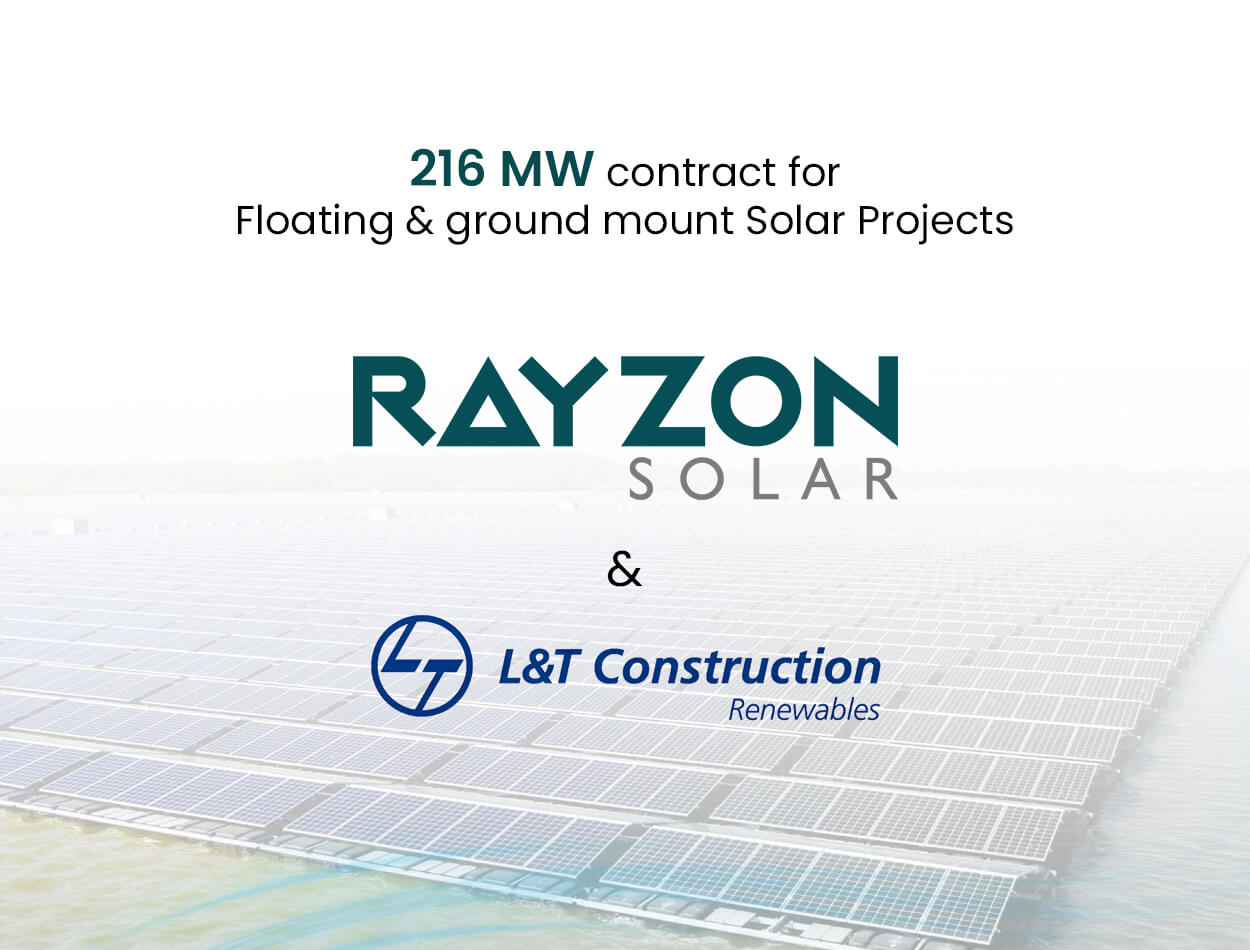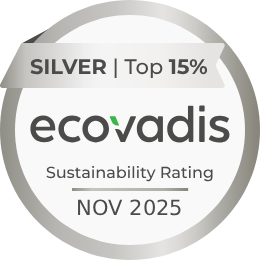
A Comprehensive Guide to Calculating ROI for Rooftop Solar Systems in the US
Investing in a rooftop solar system is a smart move towards embracing green energy while potentially saving on electricity bills. Calculating a solar system's return on investment (ROI) involves various factors including initial costs, energy savings, and incentives. Here, we will explore how to accurately calculate the ROI for rooftop solar systems, using the terms Rayzon Solar, solar energy, and others to help guide the process.
Rayzon Solar is a leading provider of rooftop solar systems, offering innovative and sustainable energy solutions. Their systems are designed to maximize energy efficiency and reduce electricity costs for both residential and commercial properties. Rayzon Solar uses high-quality photovoltaic panels that harness sunlight to generate clean, renewable energy. The company superiorities itself on exceptional customer service, providing personalized installations and maintenance support. With a focus on environmental sustainability, Rayzon Solar helps clients reduce their carbon footprint while enjoying reliable and cost-effective energy. Their rooftop systems represent a smart investment in a greener, more sustainable future.
Understanding ROI in Solar Investments
ROI, or Return on Investment, is a measure of the profitability of an investment. The ROI calculation is crucial for rooftop solar systems to determine their financial possibility. It involves the net profits (or savings) ratio to the initial investment cost. The higher the ROI, the more beneficial the investment.
When considering solar energy investments, looking at top solar companies like Rayzon Solar, which offer high-quality systems is essential. Choosing the best solar panels from leading manufacturers can significantly impact your ROI.
Initial Investment Costs
The initial investment in a rooftop solar system includes the cost of solar panels, installation, and any necessary upgrades to your home’s electrical system. Rayzon Solar provides some of the best solar panels that promise durability and efficiency.
Example:
- Cost of solar panels (5kW system): $12,000
- Installation cost: $2,000
- Electrical upgrades: $1,000
- Total initial investment: $15,000
The cost provided is the average cost of solar panels in the U.S. Actual costs may vary significantly based on location, panel quality, installation complexity, and other factors. Please obtain a personalized quote for accurate pricing.
When comparing costs, consider the top solar panel manufacturers and the best solar panel companies in India, as they offer competitive pricing and superior quality. The choice of the best solar panel for home use can affect both the upfront costs and the long-term savings.
Energy Savings and Payback Period
One of the main benefits of installing a solar system is the reduction in electricity bills. Solar energy systems harness sunlight, converting it into usable electricity through photovoltaic technology. Over time, these savings add up, significantly offsetting the initial investment.
Example:
- Average monthly electricity bill before solar in USA: $150
- Annual electricity cost: $1,800
- Estimated monthly savings with solar: $120
- Annual savings: $1,440
The payback period is the time it takes for the savings from reduced electricity bills to equal the initial investment. Shorter payback periods indicate a higher ROI. Using renewable resources, particularly renewable energy sources like solar, ensures consistent and reliable energy production.
Example:
Average Payback period: $15,000 / $1,440 ≈ 10 years
Incentives and Rebates
Governments around the world, including in India, offer various incentives and rebates to encourage the adoption of renewable energy. These can include tax credits, rebates, and grants that reduce the overall cost of installing a solar system.
The Homeowner's Guide to the Federal Tax Credit for Solar Photovoltaics, available on the U.S. Department of Energy's website, provides comprehensive information about the federal investment tax credit (ITC) for residential solar PV systems. Key points include:
1. Eligibility: Solar PV systems installed from 2020 to 2021 qualify for a 26% tax credit. Installations from 2022 to 2032 are eligible for a 30% credit.
2. Calculation: The credit is calculated based on the total cost of the solar system after subtracting any rebates.
3. Claiming the Credit: Homeowners claim the credit on their federal income tax returns. It's crucial to retain all receipts and documentation.
4. Non-refundable: The ITC is a non-refundable credit, meaning it can reduce tax liability to zero, but +any excess credit can be carried forward to future tax years.
5. Other Considerations: State and local incentives may also be available, which can be combined with the federal credit for additional savings.
Example:
State rebates and incentives: $1,000
Federal tax credit (30% of total cost) ($15,000 – $1,000): $4,200
Total incentives: $5,200
Net cost after incentives: $15,000 - $5,200= $9,800
For detailed guidance, refer to the Department of Energy's official documentation on their website.
Renewable energy in India has seen significant support, with schemes and subsidies making solar technology more accessible. By factoring in these incentives, the net cost of your solar system decreases, thereby increasing the ROI.
Maintenance and Longevity
Solar systems generally require minimum maintenance. Regular cleaning and occasional inspections are usually sufficient to keep the system running efficiently. The longevity of the system also plays a role in ROI. High-quality solar panels from leading manufacturers can last 25 years or more, ensuring long-term benefits.
Example:
Annual maintenance cost: $100
Average System lifespan: 25 years
Opting for panels from the best solar panel company in India or other reputable manufacturers guarantees durability and efficiency. Photovoltaic technology advancements continue to enhance the lifespan and performance of solar cells, making solar energy a reliable renewable energy source.
Read More :Solar Panel Maintenance: Everything You Need to Know
The data regarding CO2 emissions saved by a 5kW solar system appears to be underestimated. Here's the corrected information based on typical calculations:
Case Study: Rayzon Solar
Rayzon Solar is a prominent player in the solar energy market, known for manufacturing high-quality solar panels. Their commitment to innovation and efficiency makes them a top choice for consumers looking to maximize their ROI.
Choosing products from Rayzon Solar, a top solar panel manufacturer in India, ensures you get the best solar panels tailored to your needs. Their offerings, including advanced Bifacial Modules, enhance your solar system's financial and environmental benefits.
Conclusion
Calculating the ROI for a rooftop solar system involves considering various factors like initial costs, energy savings, incentives, and maintenance. By selecting the best solar panels from leading solar panel manufacturers and taking advantage of available incentives, you can maximize your investment.
Solar energy not only offers significant financial returns but also supports the transition to renewable energy, promoting a sustainable future. Rayzon Solar provides high-quality solutions that ensure both economic and environmental benefits.
Investing in a rooftop solar system is a step towards a greener, more sustainable world. By understanding and optimizing the ROI, you can make informed decisions that benefit both your wallet and the planet.
You Can Also Read This:- Positive Impacts of Solar Energy on Agricultural ROI

![Top 10 Solar Companies in India [2023-24]](../img/blog/solar-companies-in-india.png)

